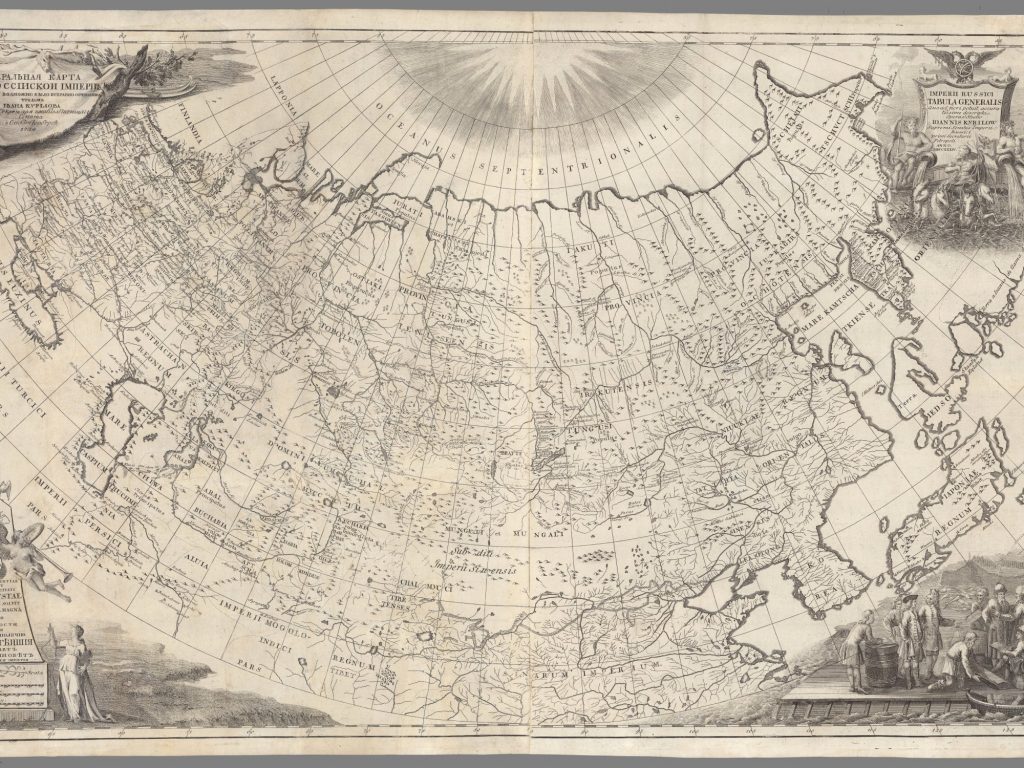Professor Clare Griffin took part in “The Global History” Podcast

Assistant Professor of the History, Philosophy and Religious Studies Department Clare Griffin took part in “The Global History” Podcast. Professor was interviewed by host Chase Caldwell Smith for the podcast’s “Global Histories of Health, Medicine & Disease in the Early Modern World ” series. They talked about professor Griffin’s research on the global links of the early modern Russian empire, including the use of American plants in medical drugs at the seventeenth-century Moscow court, and also her work as part of the oversight committee of the NU Community COVID-19 Solidarity Initiative.
Click the link to listen to the podcast.
About a week and a half ago, host of the podcast Chase Caldwell Smith spoke with Professor Griffin over skype about ‘official’ Russian court medicine, the challenges of reconstructing ‘unofficial’ medical practices in the broader population, and the participation of the early modern Russian Empire in global trade networks of medical commodities, which brought products like sassafras and rhubarb to Moscow from as far away as the New World and East Asia.
“Professor Griffin is a historian of science with interests in practical knowledge, commodity exchange, and translation in the early modern global world’, focusing on Russia and its global connections. Her editorial work includes co-editing the special issue, ‘The Natural Turn in Early Modern Russian History’, ВИВЛIОθИКА: E-Journal of Eighteenth-Century Russian Studies 6 (2018) and Perpetual Motion? Transition and Transformation in Central and Eastern Europe & Russia (London: School of Slavonic and East European Studies, UCL, 2011).
She is the author of several articles on medicine in early modern Russia and global history more broadly, including ‘Disentangling Commodity Histories: Pauame and Sassafras in the Early Modern Global World‘, Journal of Global History 15/1 (2020), 1-18, ‘Every Court an Island? Palace Medicine, International Exchanges, and Popular Practices in Early Modern Russia‘, Medizinhistorisches Journal 53/3-4 (2018), 309-330, and ‘Russia and the Medical Drug Trade in the Seventeenth Century’, Social History of Medicine 31/1 (2018), 2–23. Her current monograph project, titled Dangerous Drugs: The Globalisation of Early Modern Russian Medicine, will examine early modern Russia’s connections to the global drug trade. You can view a full list of her academic publications here.



